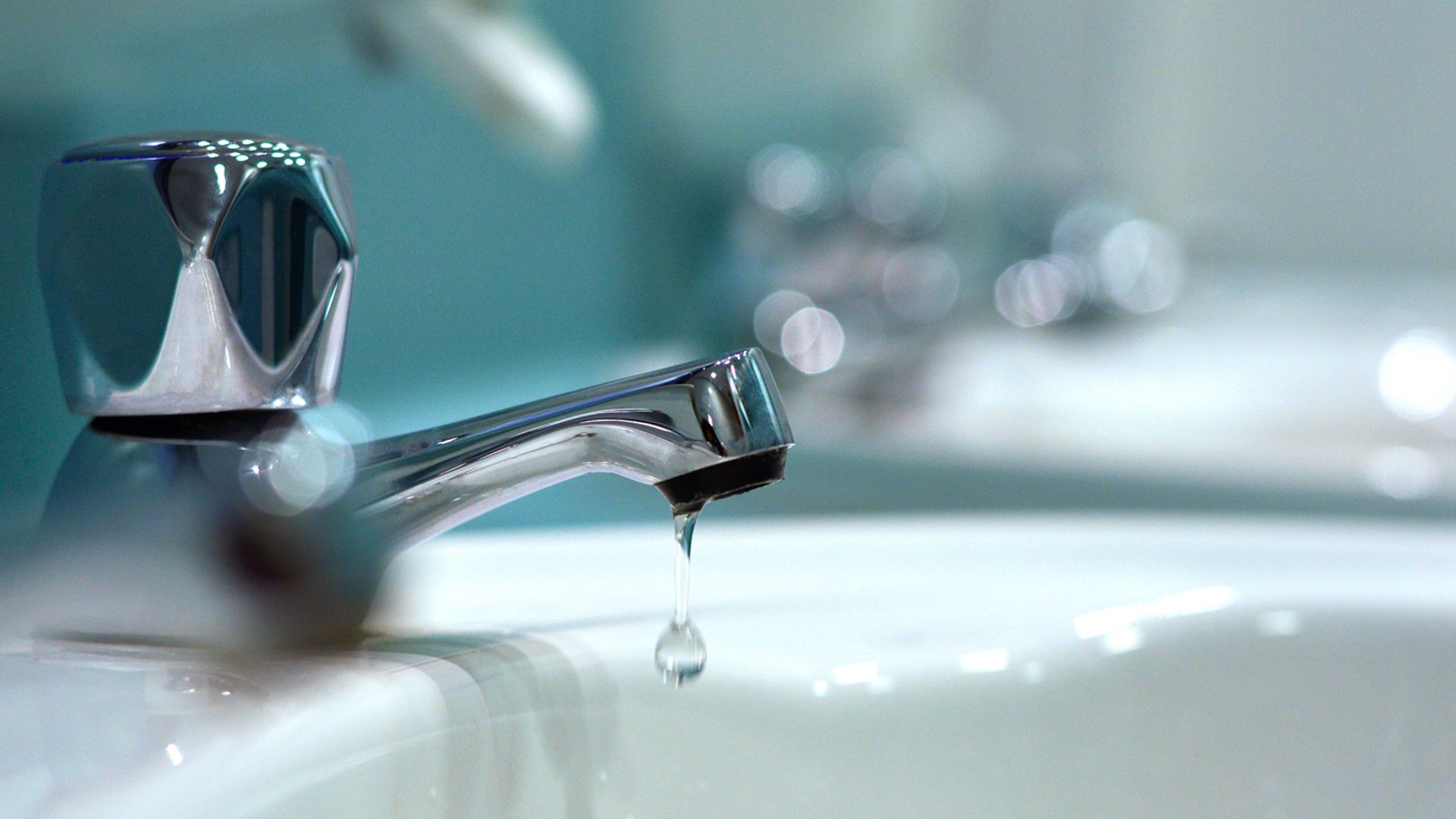
The University of Maine is undergoing dramatic and positive changes within the athletic department.
The Harold Alfond Foundation’s $90 million gift to upgrade UMaine’s athletic facilities, the school’s record-setting $12 million fundraising campaign and attractive new softball and field hockey facilities have significantly improved conditions for student-athletes and fans alike at the state university.
Now, UMaine athletic administrators are looking into adding beer and wine sales at the Alfond Arena for UMaine’s men’s and women’s hockey games.
At a time when UMaine is investing more money than ever into its athletic facilities and fan experiences, the school’s decision not to sell beer at Alfond Arena is puzzling. It inhibits the growth of fans for a team on the ascent, puts the program out of step with the majority of schools in its conference and denies the school an opportunity to generate revenue.
It is time to continue the proactive approach and positive momentum by adding beer and wine sales to Alfond Arena.
“The University of Maine is assessing all possibilities to enhance the game day experience at Alfond Arena, including the sale of alcohol,” the university said in a statement earlier this week when asked if it was considering such sales at men’s and women’s hockey games.
Eric Gordon, UMaine director of communications, further highlighted the school’s recent improvements including the new high-definition video and LED boards, a modernized sound system and electronic signage.
New food and beverage options are also under consideration and “no timetable has been set for decisions about these options,” Gordon said.
However, alcohol is already available to certain fans at UMaine hockey games, and to fans of other sports.
People who purchase luxury boxes at Alfond Arena have virtually every kind of alcohol available during home games. Meanwhile, there is a beer tent at UMaine football games in Alfond Stadium and alcohol is available at the Cross Insurance Center in Bangor, where the UMaine men’s and women’s basketball teams will play a limited number of games this season.
If alcohol wasn’t available for any UMaine sports fans, that’s one thing. But to have it for certain segments of the fan base and not everyone else doesn’t seem fair.
When Brian Smith, the associate commissioner of Hockey East, came to work for the league as the director of communications 10 years ago, only UMass Lowell sold beer to the general public at its games.
Now, UMaine is one of just three schools in the 11-team Hockey East men’s division that doesn’t offer beer to the public at its home games. The University of Vermont and Northeastern University are the other two.
“So much has changed in 10 years and that is definitely one of the trends we have seen,” said Smith, adding that many of the hockey arenas added alcohol sales based on the success of pilot programs for basketball and football teams.
“It was beneficial for those sports. It was a net positive. So there wasn’t much resistance when it came to hockey arenas because it was something that had already been successful,” Smith said.
Steve Napolillo, the athletic director at Providence College, said the selling of beer and wine at the school’s Schneider Arena has been a “home run,” calling it a “win-win” for the institution and the fans.
UNH athletic director Allison Rich and Boston College and former UMaine athletic director Blake James concurred.
“We’re always looking to provide the fans with the best game-day experience we can,” said Rich, who noted that one of the beers sold at UNH is called “Go Cats,” which is brewed locally.
Establishing a relationship with a local business like the brewery creates a healthy connection between the brewery, the university and the community, Rich said.
The addition of beer sales was meant to “target the community, not the students,” Rich added, although students 21 years of age or older are welcome to take advantage of beer sales too.
Providence similarly offers a “Friartown” IPA and UMaine has a “Go Blue” IPA brewed by the Orono Brewing Company.
“College hockey is a business and it’s not enough to be just a family-friendly option any more,” Smith said. “You need to be able to engage a different variety and a wider spectrum of fans who want to come to the games for different reasons.”
Smith added that by being able to attract more fans, it provides a better experience for the student-athletes because they will be playing in front of larger crowds.
James said that while the addition of beer and wine sales in 2017-18 at the 7,884-seat Conte Forum at Boston College wasn’t a “game-changer,” it is still a valued money-maker.
The addition of beer and wine sales at the school’s 44,500-seat Alumni Stadium for football, however, provided BC with a “sizeable jump” in revenue.
The primary concern for schools contemplating the addition of beer and wine is the possibility of unruly fan behavior. But Napolillo, Rich and James said they have had no such issues and Smith said he hasn’t heard of any, either.
Venues limit the number of beers or glasses of wine you can buy at one time. Sometimes it is as few as one or two.
And the price of a beer will be steep for a college student, who will be less likely to purchase alcohol at the venue.
The university should consider acting quickly on this, and offer beer and wine as soon as the next home series against Boston College on Nov. 10-11.









